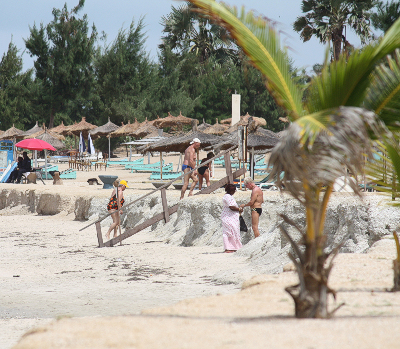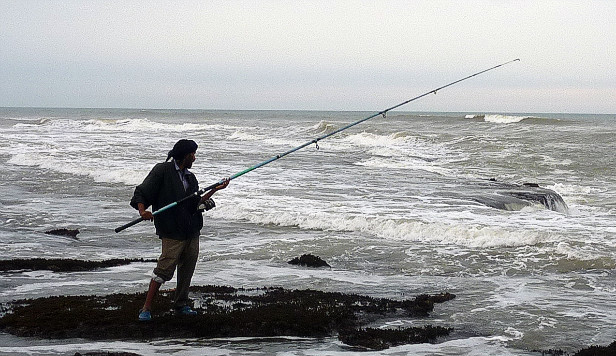Most people love their home town. But what if you lived in a regularly flooded slum? Kroo Bay is a community of 16,000 people living at the bottom of a valley in Freetown, Sierra Leone separated from the sea by a rubbish dump. During the rainy season once or twice a year, and with increasing frequency, the whole area floods.
Despite this, resident Ahmed Tejan Barry, 24, said: “I love Kroo Bay and Kroo Bay loves me.”
He describes the floods: “The entire community gets washed. Everybody is going to try and survive they are not thinking about property, which is going to be damaged.” Livestock is lost, homes are destroyed and sometimes people lose their lives. The real danger is when the flood happens at night.
This September, the local government suggested relocating the whole community, an idea met with hostility from locals.
Student Ahmed, who lives with his wife and two children in one room, said: “My grandfather was born in this community. We don’t want to go anywhere. We want to stay in Kroo Bay.”
What the residents of Kroo Bay want instead, is better drainage channels to prevent their homes being flo... Read more

